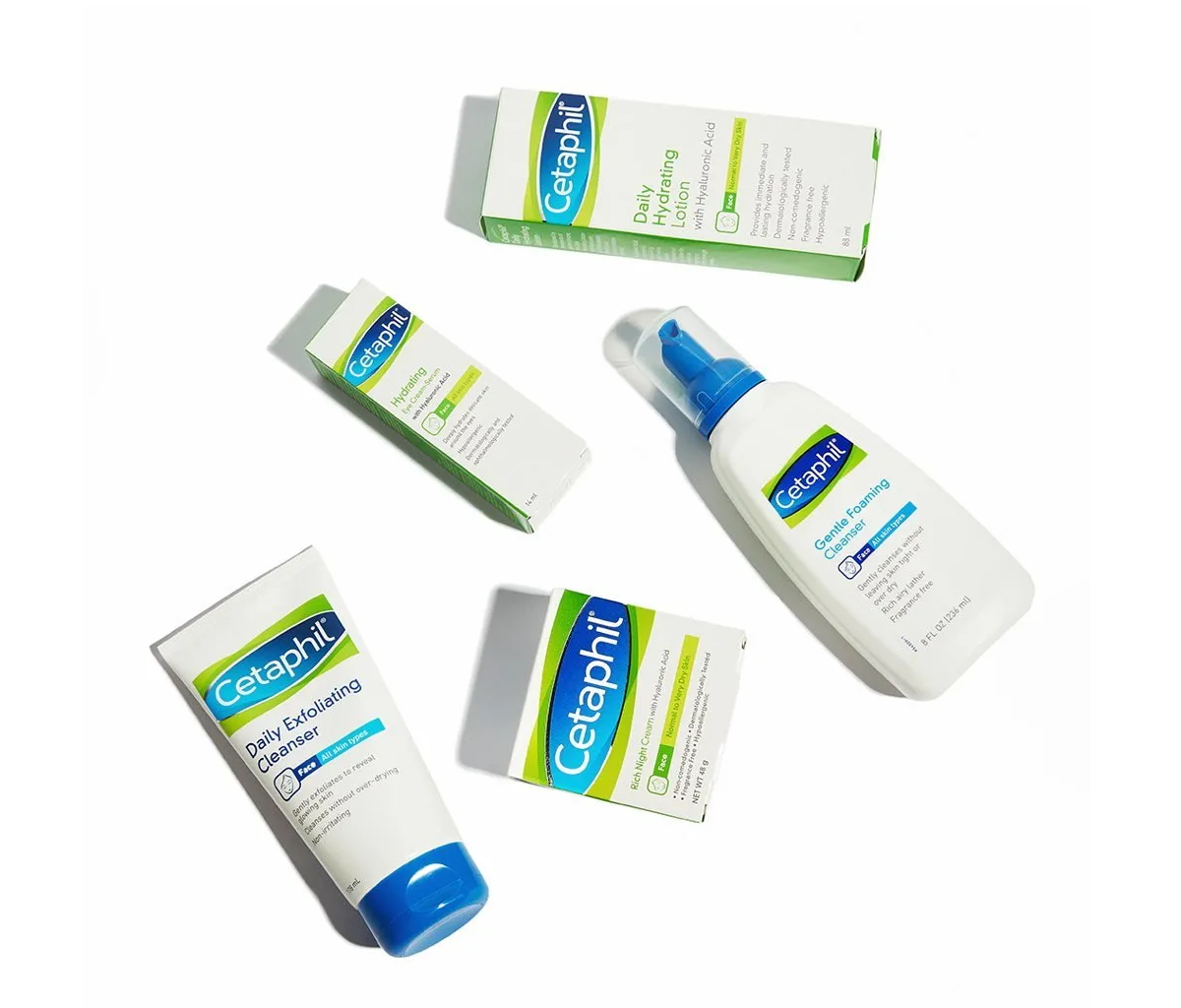Skincare sales kept the global beauty market on an even keel during the Covid-19 pandemic.
Natural and organic brands may have grabbed a lot of publicity, but consumers in the US have moved strongly towards clinical and dermocosmetic brands backed by doctors, pharmacists and aetheticians, reports the NPD Group.
Brands such as Cetaphil, La Roche-Posay and Eau Thermale Avène now account for 34 per cent of skincare category sales in the US, notes the researcher, by contrast to natural and organic brands with a 28 per cent market share.
Skinimalism, the use of fewer products with multi-benefits, and proven ingredients such as Vitamin C and retinol are intensifying the trend, which is also growing strongly in Australia. More than 60 per cent of women in the US say that the inclusion of Vitamin C is very important when they buy skincare and 47 per cent give the thumbs-up to retinol, says NPD.
A major reason behind the upsurge of dermocosmetic and clinical skincare in the US can be traced to price points. Mass and reasonably priced brands offer the same buzzy ingredients consumers are looking for as their more expensive counterparts. Think The Ordinary and Boost Lab.
Ulta Beauty, the largest specialist beauty chain in the US, now offers all skincare in one section in their stores so shoppers can compare prestige and mass brands.
The shift to high performance skincare sold mainly in pharmacies/drugstores is reflected in sales. According to IRI, the data analytics and market research company, the brands that posted the biggest gains in the US in the 12 weeks ended January 23rd included CeraVe, RoC, La Roche-Posay and Cetaphil.
The products gaining the most traction in clinical and dermoscosmetic skincare, says NielsenIQ, are facial exfoliators, cleansers, moisturisers and serums. Hand and body lotions also surged 21 per cent in the US in 2021.
Sensitive skin remains a strong driver of the category. Michael Sabbia, senior director for Cetaphil in the US, says that more skincare experts and dermatologists are recommending off-the-shelf products from mass brands.
“Pharmacists are being called upon to help with recommendations and, in many cases, they work in tandem with beauty consultants. Walgreens’ pharmacists and beauty consultants are cross-trained to help shoppers, as an example.”
A similar situation to the leading pharmacy chains in Australia.

